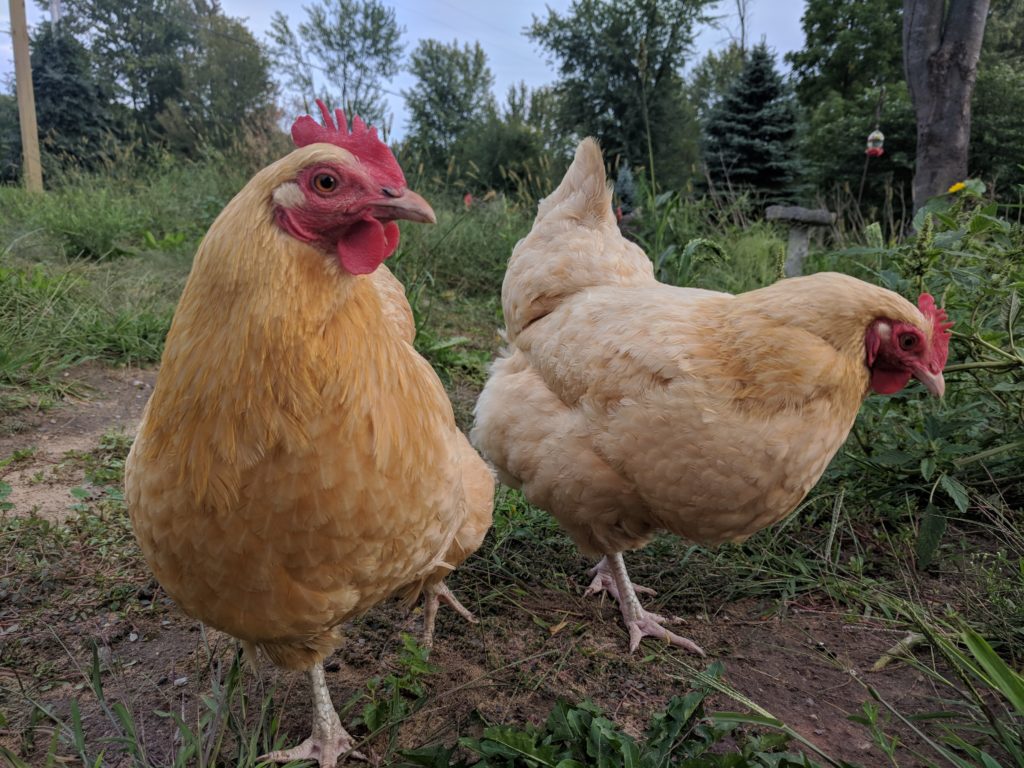Europe is currently facing the worst bird flu outbreak ever, according to a German government research institute; the situation isn't expected to improve any time soon.
In Europe, 675 outbreaks in wild birds and 534 in poultry have been reported between the beginning of October and December 29, according to data from the Friedrich Loeffler Institute (FLI), Germany's leading animal disease centre.
"We are currently experiencing the strongest bird flu epidemic ever in Germany and Europe," the FLI told German news agency DPA. New cases are being identified every day and the flu is not only affecting wild birds.
Additional cases have also been detected in mammals, such as foxes in the Netherlands and Finland, grey seals in Sweden, harbour seals in Germany and otters in Finland. "There is no end in sight," the researchers said.
The gravity of the issue was reflected in figures published by the European Centre for Disease Prevention and Control (ECDC), which warned that the observed persistent circulation of highly pathogenic avian influenza (HPAI) viruses or bird flu in migratory and resident wild birds will continue to pose a risk for the poultry industry in Europe for the coming months.
Bracing for more cases
The frequent occurrence among commercial farms raises concern about the capacity of the applied biosecurity measures to prevent virus propagation, according to the ECDC.
It stressed that the latest data highlights the need for short-term preparedness and medium- and long-term prevention strategies, including revising and reinforcing biosecurity measures, reducing the density of commercial poultry farms and possible considering vaccination strategies.
In Belgium, the obligation to keep animals indoors has been in force since mid-November. This applies to both commercial animal industries and private individuals and follows the discovery of a highly pathogenic variant of the bird flu (H5N1) in a wild goose in the municipality of Schilde in Antwerp.
The risk of infection for the general population is assessed as low in the region but the ECDC stress that variants of viruses can quickly take hold making it difficult to control their spread among bird populations.

